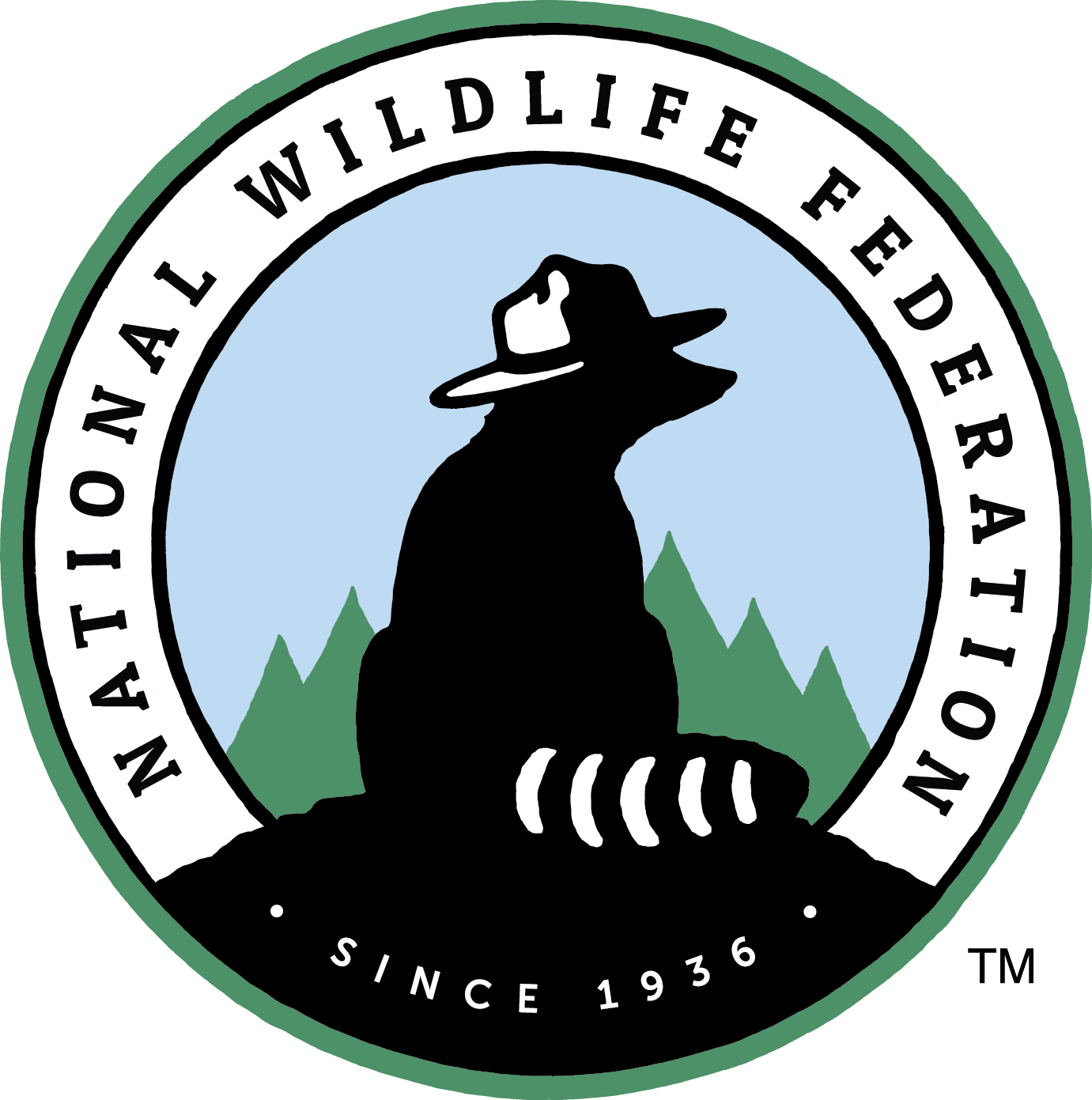Number 2019-04
WHEREAS, the National Wildlife Federation has a history of supporting ecological prescribed fire as a critical land management tool; and
WHEREAS, the occurrence of catastrophic fires has been at historic levels across the nation and the world in recent years, and is increasing annually; and
WHEREAS, climate change has elevated the severity of wildfires due to increased vegetation growth rates combined with increased drought intensities; and
WHEREAS, prescribed fires can increase carbon sequestration by increasing plant efficiencies while reducing massive carbon releases resulting from wildfires; and
WHEREAS, prescribed fires can be strategically located to protect neighboring tracts of land, provide for improved wildfire-fighting abilities, or to support future burns as conditions allow; and
WHEREAS, prescribed fires can reduce hazardous fuel loads under predetermined conditions that minimize risk to wildlife and human lives and property; and
WHEREAS, the resources required to conduct prescribed burns can be scheduled ahead of the fire and are far less than those required to respond to wildfires; and
WHEREAS, prescribed fires at appropriate fire return intervals can achieve preferred ecological results; and
WHEREAS, prescribed fires promote regrowth of flowering plants, critical to ecosystems and their inhabitants; and
WHEREAS, several states, including Florida, Georgia, Alabama, Mississippi, and North Carolina have highly successful prescribed burning programs that have dramatically reduced costs and impacts of wildfires; and
WHEREAS, most state and federal agencies recognize that the lack of fire causes some habitats to become degraded and of lower ecological value; and
WHEREAS, wildfire impacts to fragmented habitats and isolated populations of endangered species can be catastrophic; and
WHEREAS, fire-maintained habitats support larger, healthier, and more visible wildlife populations, which increase nature-based recreational opportunities and qualities of experience; and
WHEREAS, many fire-dependent wildlife species are experiencing declining populations as fire exclusion degrades viable habitat and explosive wildfires remove the habitat structure.
NOW, THEREFORE, BE IT RESOLVED that the National Wildlife Federation at its annual meeting assembled on June 5-8, 2019 in St. Louis, Missouri, reaffirms the importance of the responsible application of prescribed fire as being required to maintain the ecologically essential functions of our fire-dependent habitats and the wildlife that depends on them; and
BE IT FURTHER RESOLVED that the National Wildlife Federation supports strategically-located prescribed fire to reduce the risk of destructive wildfires and increase abilities to limit wildfire progression; and
BE IT FURTHER RESOLVED that the National Wildlife Federation recommends that state, federal and other natural resource and regulatory agencies and conservation and environmental organizations recognize the importance of prescribed burning, initiate programs to educate the general public to the benefits of prescribed burning, encourage the proper planning for and use of prescribed burning, and appropriate funds to support a robust prescribed burning program on public and private lands in conjunction with other fuel management programs across the Nation.
